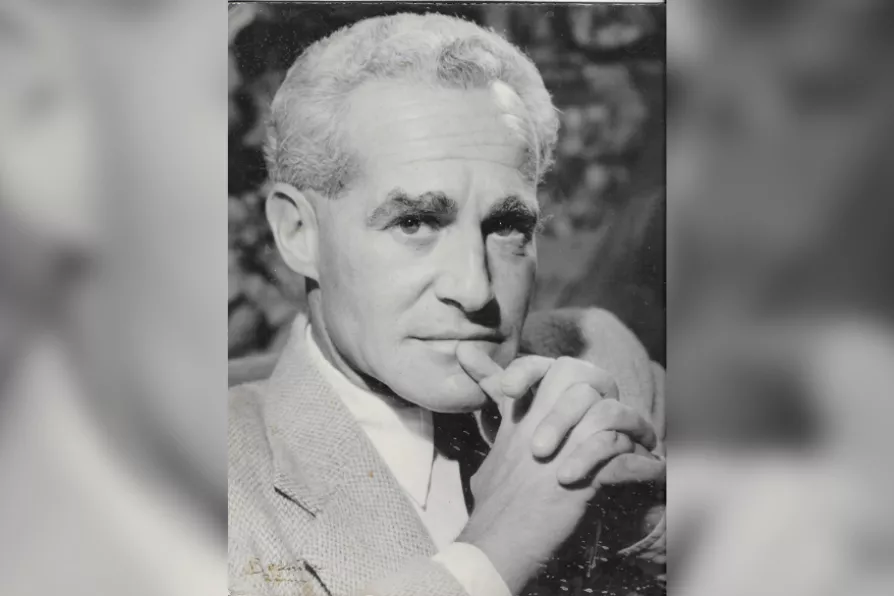CHRISTOPHE DOMEC speaks to CHRIS SMALLS, who helped set up the Amazon Labor Union, on how weak leadership debilitates union activism and dilutes their purpose

 DISTINGUISHED: Portrait of Hans Hess c1962 (photographer unknown)
[Anita Halpin]
DISTINGUISHED: Portrait of Hans Hess c1962 (photographer unknown)
[Anita Halpin]
WHAT started as a modest compilation of known writings on art and Marxism by the art historian Hans Hess is turning into a four-volume collection of his work, including a series of illustrated lectures and recently uncovered unpublished writings along with material written for the amusement of children.
Hans Hess was born into a well-off family of cultured, enlightened and progressive-minded German Jews. His father Alfred, a staunch social democrat and admirer of the Soviet Union, owned Hess Schuh and by fortunate circumstance won the contract to provide boots for the Red Army in the mid-20s.
With good advice from curators and art dealers, Alfred was able to accumulate a representative collection of the art of the Weimar avant garde, most especially of Expressionist and Modernist inspiration.

JOHN GREEN welcomes a remarkable study of Mozambique’s most renowned contemporary artist

The creative imagination is a weapon against barbarism, writes KENNY COYLE, who is a keynote speaker at the Manifesto Press conference, Art in the Age of Degenerative Capitalism, tomorrow at the Marx Memorial Library & Workers School in London

Paul MacGee of Manifesto Press invites you to a special launch on Saturday August 2.

NICK MATTHEWS previews a landmark book launch taking place in Leicester next weekend









